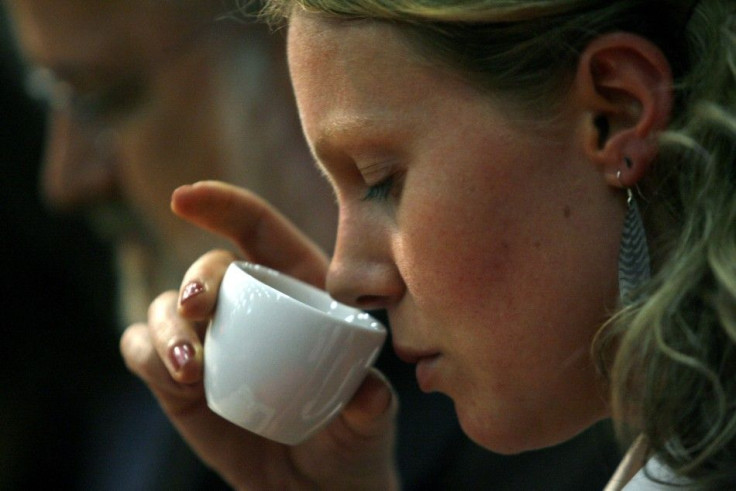Smell Can Improve With Training, Study Suggests

The sense of smell can diminish from injury and disease, but researchers found evidence that training exercises can help to regain it.
Scientists at New York University's Langone Medical Center trained rats to distinguish among smells that otherwise went unnoticed by the critters and found that the training changed the activity in a specific brain region, the piriform cortex.
First, it suggests that the sense of smell, which seems like a much simpler process that seeing or hearing, is actually a very dynamic, complex system, lead researcher Donald Wilson wrote IBTimes in an email, adding that this could help explain why the sense of smell is so sensitive to disorders such as Alzheimer's disease and schizophrenia. Julie Chapuis, a post-doctoral fellow was also involved in the study.
Second, it suggests that perhaps some of the smell problems associated with disease may be helped with appropriate smell training, Wilson added.
In the experiment, researchers gave thirsty rats a brief puff of odor from a choice of 10 chemicals such as fruits, oils and cleaning agents. Rats could distinguish odors when one, say citrus oil, was replaced by another odor, say lavender. When the rats identified one smell, they received a sip of water from a hole on their left; when they identified the new replacement smell, they received a sip of water to their right.
When scientists removed instead of replaced a smell, the rats were unable to distinguish the difference.
The duo then trained rats to distinguish when a smell had been taken away. We made them connoisseurs, Wilson said in a statement. A third group of rats got training that eliminated their ability to distinguish when one smell replaced another.
When the researchers looked into the brains of the rats, the duo found that electrical signaling in the piriform cortex changed in the trained rats.
The journal Nature Neuroscience published the research Sunday.
The idea of a person regaining their sense of smell to various degrees has been explored before.
It's a reasonable concept, said Richard Costanzo, a medical professor at the Virginia Commonwealth University School of Medicine and a member of the Association for Chemoreception Sciences' public information and affairs committee who was not involved in the study. Like you ride a bike, Costanzo added. The more experience you have with that the better you are at it.
A 2009 study followed 18 patients who had their voice boxes removed in a procedure that decreases air from the nose and hence smell. The patients received rehabilitation that increased nasal airflow and 78 percent of them became smellers three years later.
But not everyone's sense of smell is affected equally by injury or disease.
A 1997 study found that patients who complained of impaired olfactory ability after sustaining head trauma rarely regained their sense of smell.
Wilson and his colleagues would like to follow up on their own study.
We are interested in understanding how the brain circuits underlying this kind of sensory learning are able to change with training, Wilson wrote in an email. Understanding how the brain learns under normal circumstances can lead to insights into what is wrong with learning deficits or dementia, and potentially point toward treatments.
Wilson said losing the ability to smell could affect nutrition and make a person unable to distinguish harmful odors.
Problems with the sense of smell may seem like a minor inconvenience, but actually, given the importance of smell to flavor, can impact nutrition (foods don't have the right flavor and so are less enjoyable), quality of life, as well as ability to detect warning odors like spoiled foods, or the smell of gas, Wilson wrote in an email.
Our findings suggest that while olfactory impairment may reflect real damage to the sensory system, in some cases it may be a 'use it or lose it' phenomenon, Wilson said in a statement. Odor training could help fix broken noses.
© Copyright IBTimes 2024. All rights reserved.











